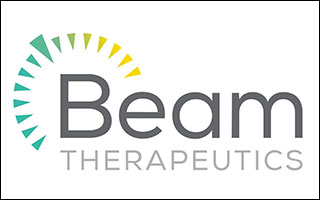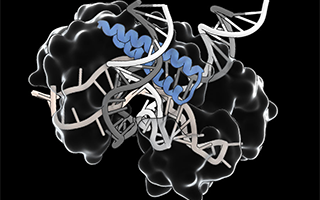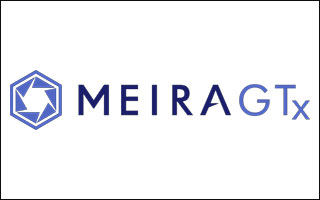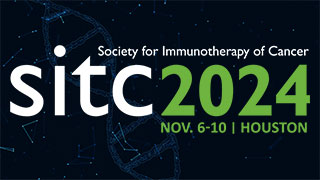
News
Your source for the latest updates, breakthroughs, and insights in drug development and manufacturing. Explore our featured stories, press releases, and event announcements to stay informed about our innovations and contributions to drug development and manufacturing advancements.
Breakthrough in Genetic Medicine: Beam Therapeutics Shows Potential with BEAM-302 for Alpha-1 Antitrypsin Deficiency
Beam Therapeutics announces groundbreaking results from its Phase 1/2 trial of BEAM-302, demonstrating the first-ever clinical genetic correction for Alpha-1 Antitrypsin Deficiency (AATD), offering hope for a potential one-time cure for this genetic disorder...
New RNA-Guided System Uncovered, Offering Promise for Precision Gene Editing Therapies
TIGR (Tandem Interspaced Guide RNA) systems use RNA guides to target specific DNA sites, offering a compact and modular alternative to CRISPR. Scientists at MIT and the Broad Institute discovered over 20,000 TIGR-associated proteins, some capable of precise DNA cutting, potentially expanding genome...
Avance Biosciences™ Registers with CLIA, Expanding Clinical Trial Testing Capabilities
HOUSTON, Feb. 26, 2025 /PRNewswire/ -- Avance Biosciences, a leading provider of high-quality analytical and bioanalytical services for the pharmaceutical industry, is pleased to announce that it has successfully registered with the Clinical Laboratory Improvement Amendments (CLIA) program. This registration allows [...]
Gene Therapy Restores Vision in Children with AIPL1-Related Retinal Dystrophy
A groundbreaking gene therapy using rAAV8.hRKp.AIPL1 has restored vision in 11 children with AIPL1-related retinal dystrophy (LCA4), who were blind at birth. Published in The Lancet, the study shows significant improvements in visual acuity and retinal preservation, supporting expedited approval...
Let’s find out if it’s TRICK or TREAT this Halloween!!!
Well, well, well... it was a TREAT — and a big one for a lucky few! Avance fully embraced Halloween last Thursday with a costume contest, candy galore, and a pizza party. The costume contest was a great way to bring everyone together, with employees voting for winners in five fun categories [...]
Society for Immunotherapy of Cancer (SITC) – 2024
Avance Biosciences is excited to announce its participation in the upcoming SITC Conference, taking place from November 6-10, 2024, in Houston TX. This premier event is focused on improving outcomes for cancer patients by incorporating strategies based on basic and applied cancer immunotherapy. [...]





